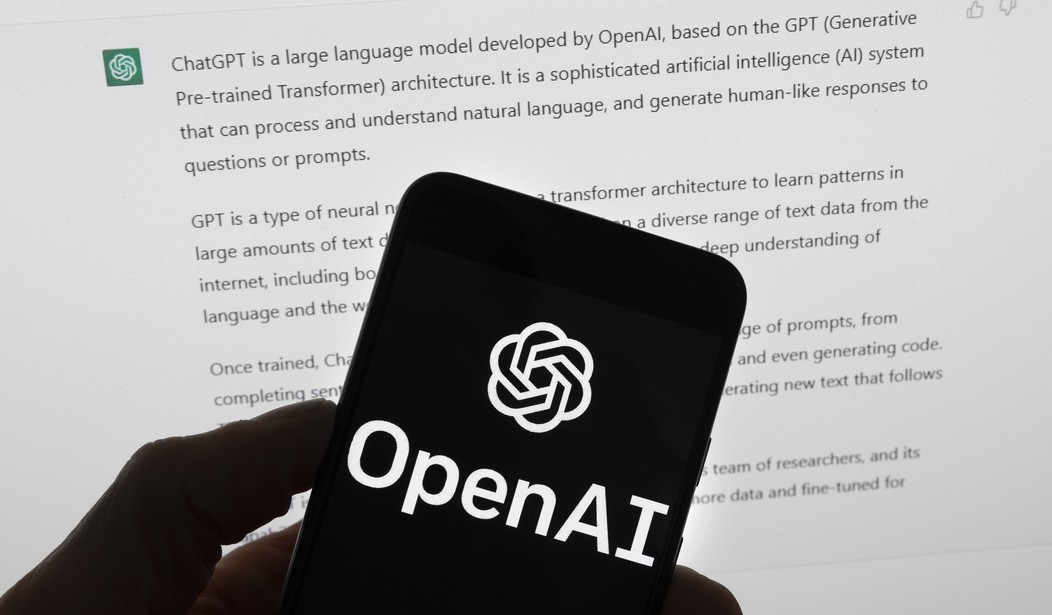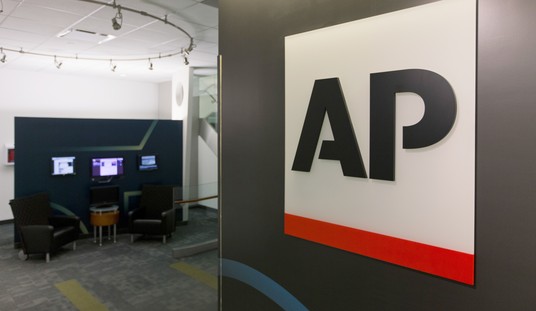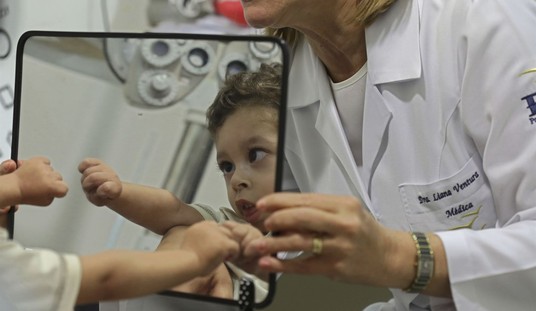Can experiments capture how artificial intelligence (AI) technology is affecting the traits that make us human: our creativity, our analytical skills, and our overall intelligence?" asks the Chronicle of Higher Education.
The questions relate to a study published in June by the Massachusetts Institute of Technology (MIT) titled “Your Brain on ChatGPT.” One of the findings in the study was that there was lower neural connectivity among people using the tool than among people who weren’t using it.
"Is ChatGPT rotting our brains?" asked psychologist and professor at Brown University, Jacqueline Nesi. Similar articles appeared in tech journals and other substacks.
The short answer is, don't be ridiculous. "Rotting" the brain is far from what the MIT study was all about. The experiment was intriguing.
Over the course of four months, the MIT team asked 54 adults to write a series of three essays using either AI (ChatGPT), a search engine, or their own brains (“brain-only” group). The team measured cognitive engagement by examining electrical activity in the brain and through linguistic analysis of the essays.
The cognitive engagement of those who used AI was significantly lower than the other two groups. This group also had a harder time recalling quotes from their essays and felt a lower sense of ownership over them.
Interestingly, participants switched roles for a final, fourth essay (the brain-only group used AI and vice versa). The AI-to-brain group performed worse and had engagement that was only slightly better than the other group’s during their first session, far below the engagement of the brain-only group in their third session.
The value of looking at the question is determining what, if any, effect AI has on our abilities to think, reason, calculate, and do all the things we ask of our brains without using AI.
The study on Chat GPT exposed some less-than-obvious problems when the MIT team received thousands of emails from teachers and professors.
“A lot of them were pretty depressing, to be super honest,” says Nataliya Kosmyna, a research scientist who led the study, “because they pointed out that their school or county doesn’t provide guidance.”
We are far behind in adapting to this new technology. This is not historically unusual, nor is the panic being expressed by some people who might not fully grasp the technology. There was a panic when search engines and home computers made life easier for students. As a viral 2008 article put it, “Is Google Making Us Stupid?” Earlier, the advent of the telephone gave some people the vapors.
New technology is, indeed, scary. But we've managed to avoid being captured by our digital overlords so far and turned into slaves, so keep your fingers crossed.
Still, teachers are a little anxious.
“It’s like, well, I’ve got to change the way I do my work, what I teach, how I teach it, the assignments I give, the way I measure mastery,” says Lee Rainie, director of the Imagining the Digital Future Center at Elon University. “It’s overwhelming.”
AI will affect our brains in many ways, some of them still to be discovered.
Where our understanding — or misunderstanding — of brain activity intersects with generative AI often has to do with cognitive offloading, the process of relying on something else — whether it’s ChatGPT, Google Maps, a notepad, or another person — to remember things for us. That frees up our brains for other work, but whether that’s harmful or helpful isn’t a simple yes or no answer.
“When I offload a particular piece of information to my smartphone or to Google or whatever, I’m less likely to remember that piece of information,” says [Michelle Miller, a professor of psychological sciences at Northern Arizona University]. But ”there’s no good evidence that it affected my memory in general. And that to me is a very, very big distinction.”
“I’ve called this the ‘rewiring your brain’ trope,” Miller says: the idea that, “I’m totally passive in this process and it’s affecting the brain almost like a toxin or some kind of a virus.”
The use of AI will not "free up your brain" to concentrate on other things.
“In practical terms, a LLM [large language model] might free up mental resources and make the task feel easier,” the authors of the study wrote, “yet the brain of the user of the LLM might not go as deeply into the rich associative processes that unassisted creative writing entails.”
Like many things in life, AI is likely to involve tradeoffs. Each of us must decide if it's a tradeoff worth making.










